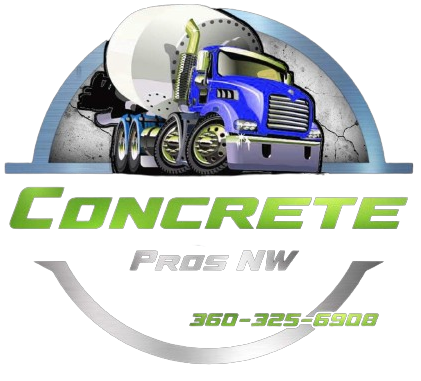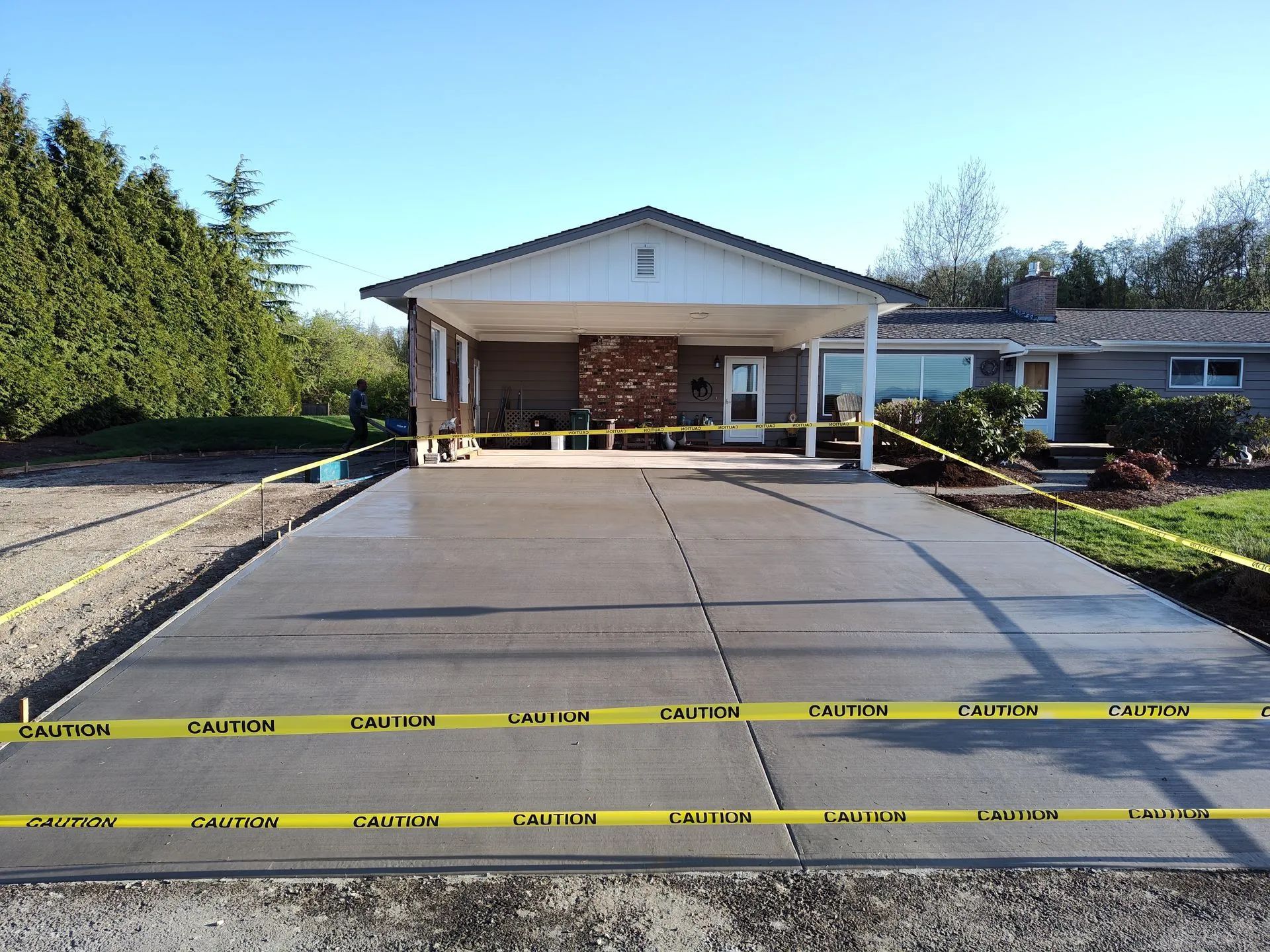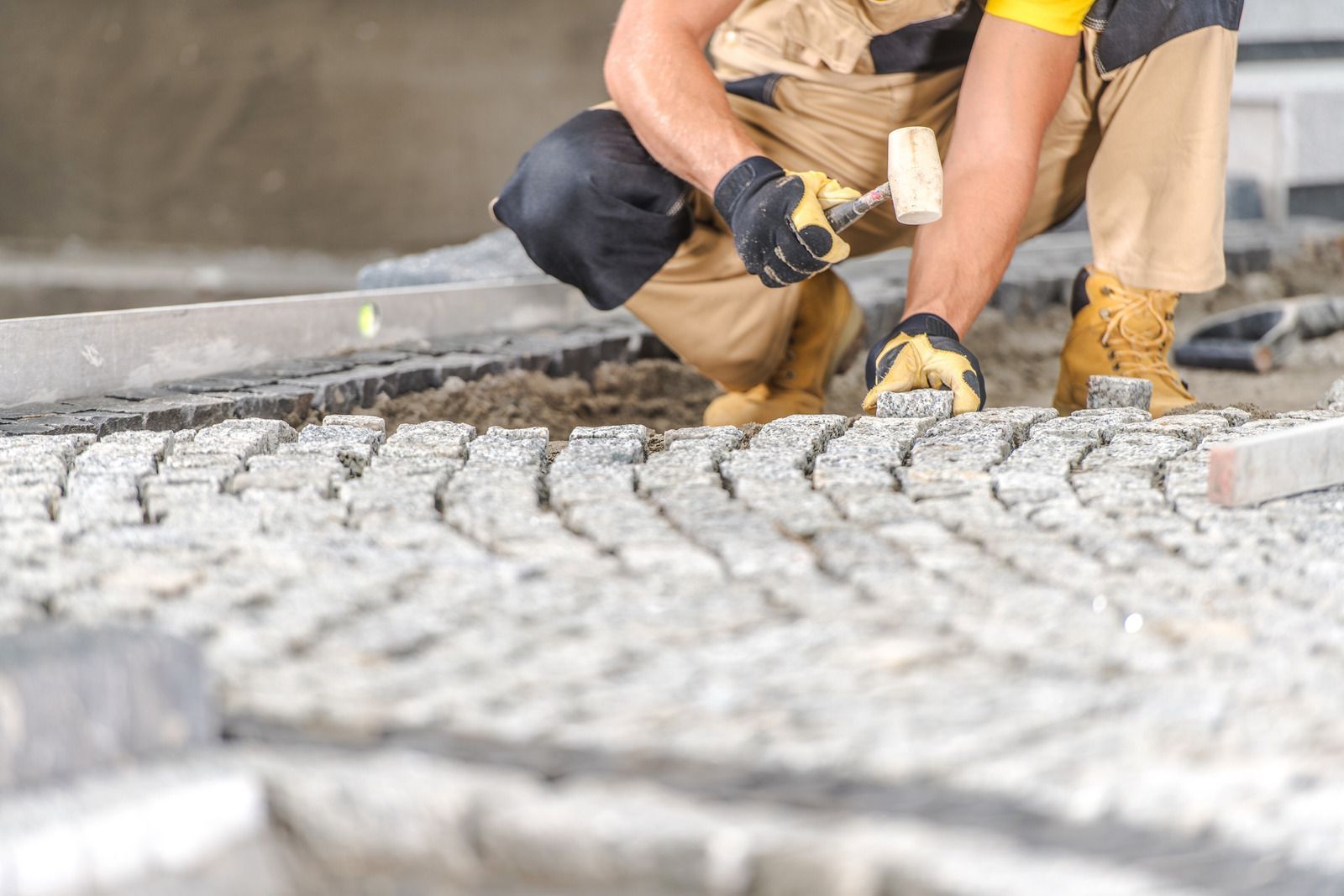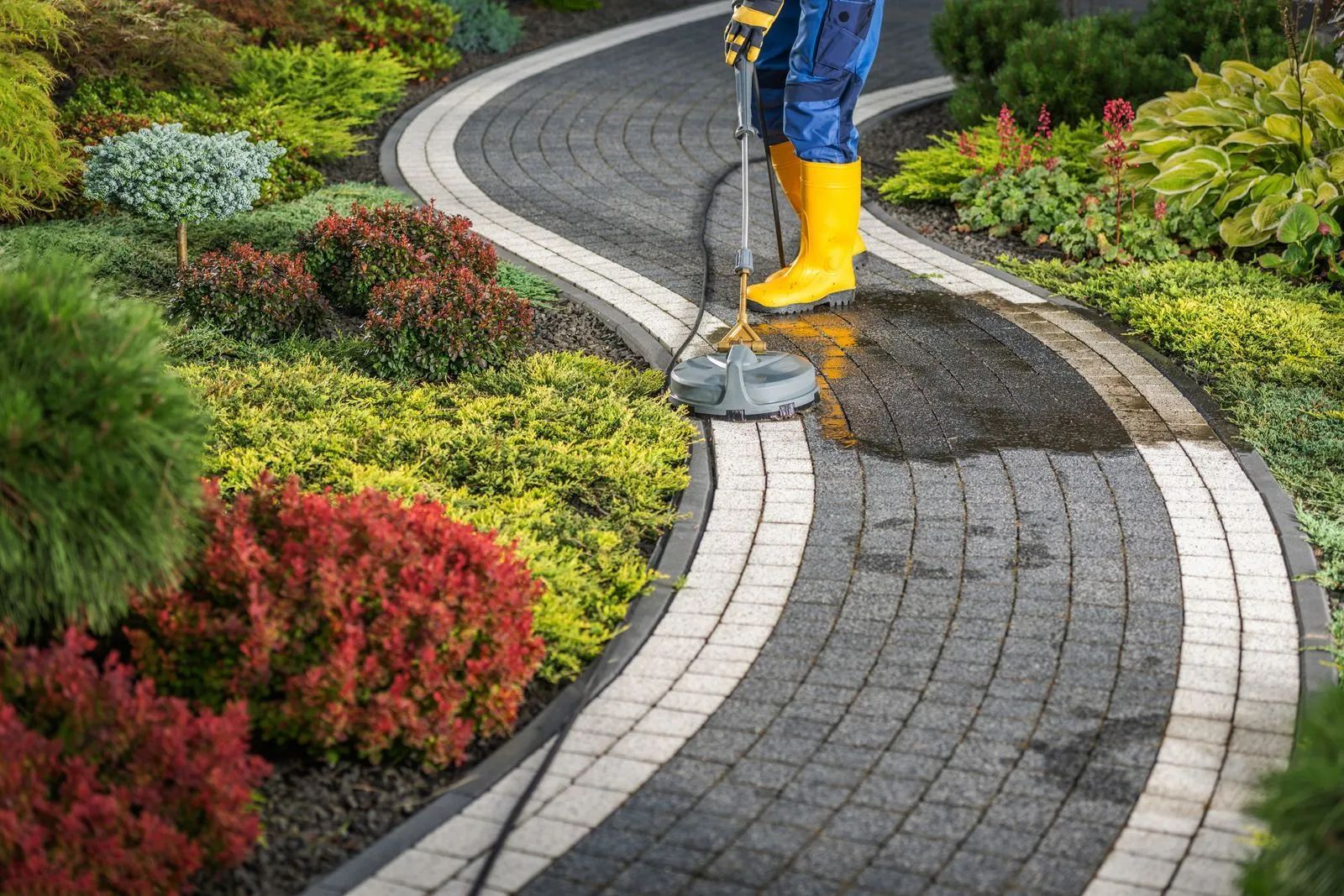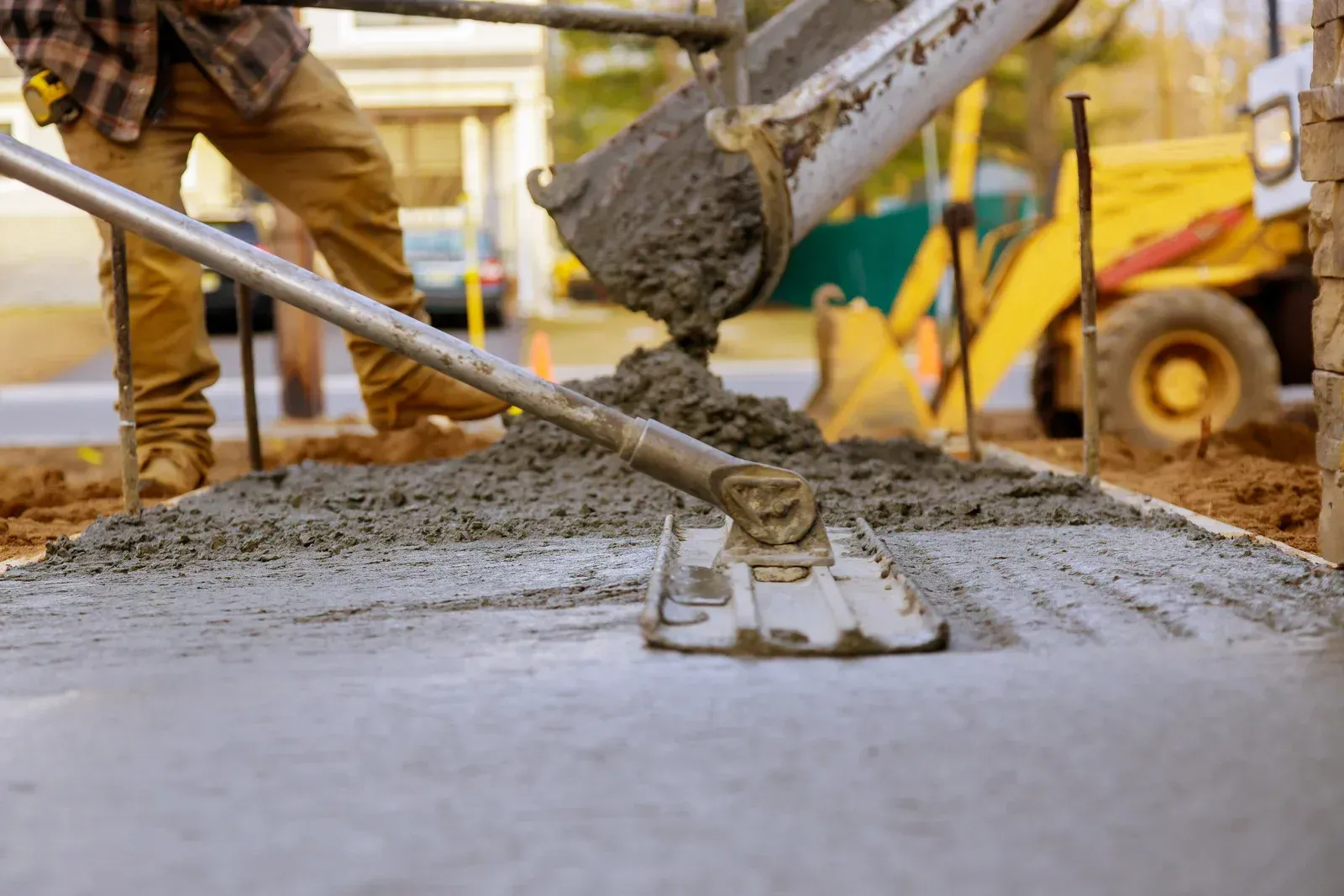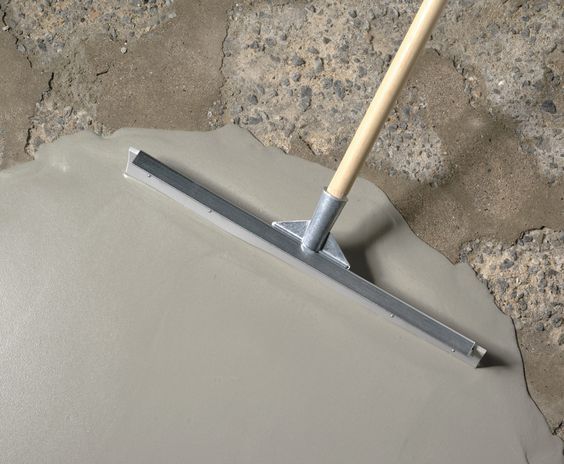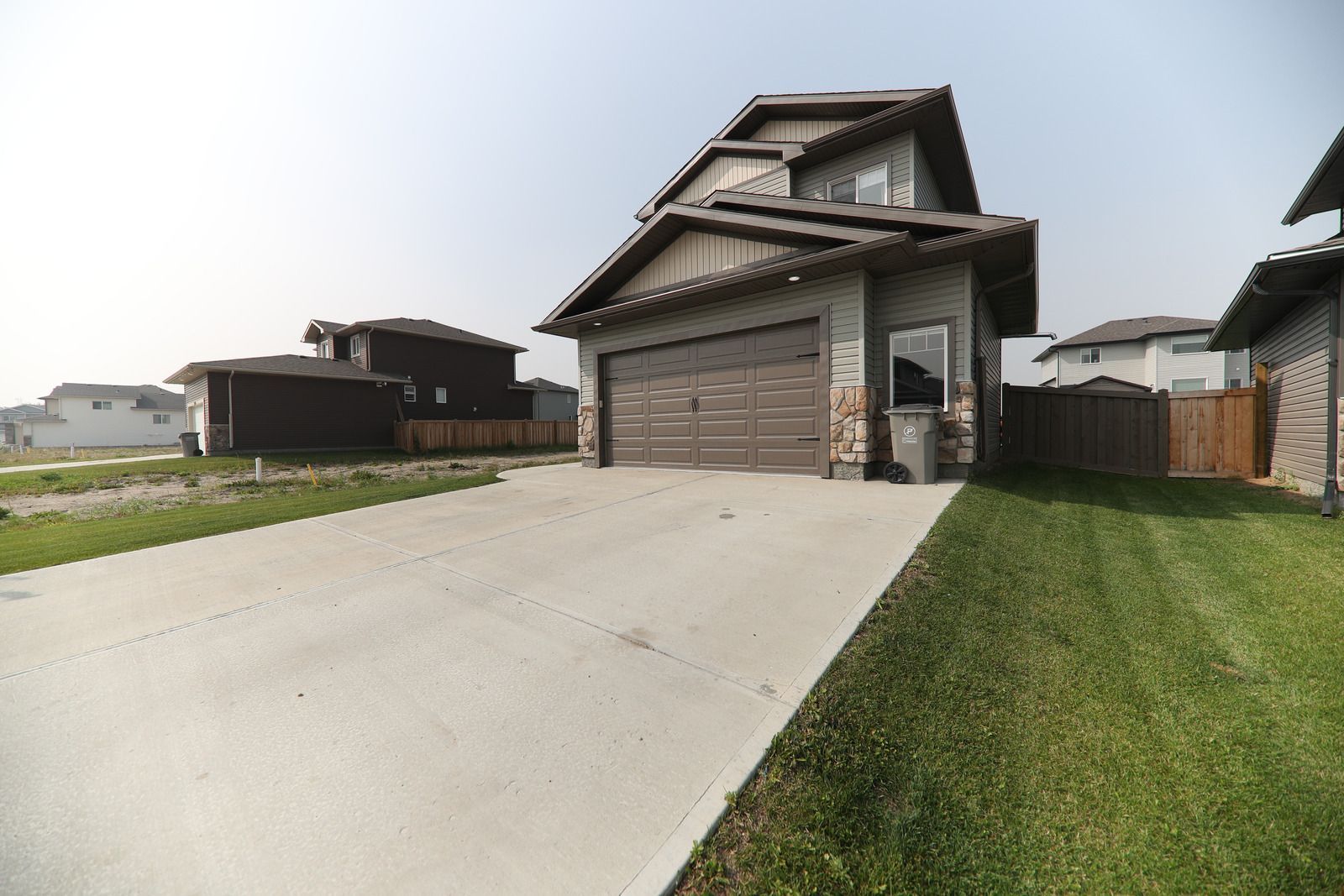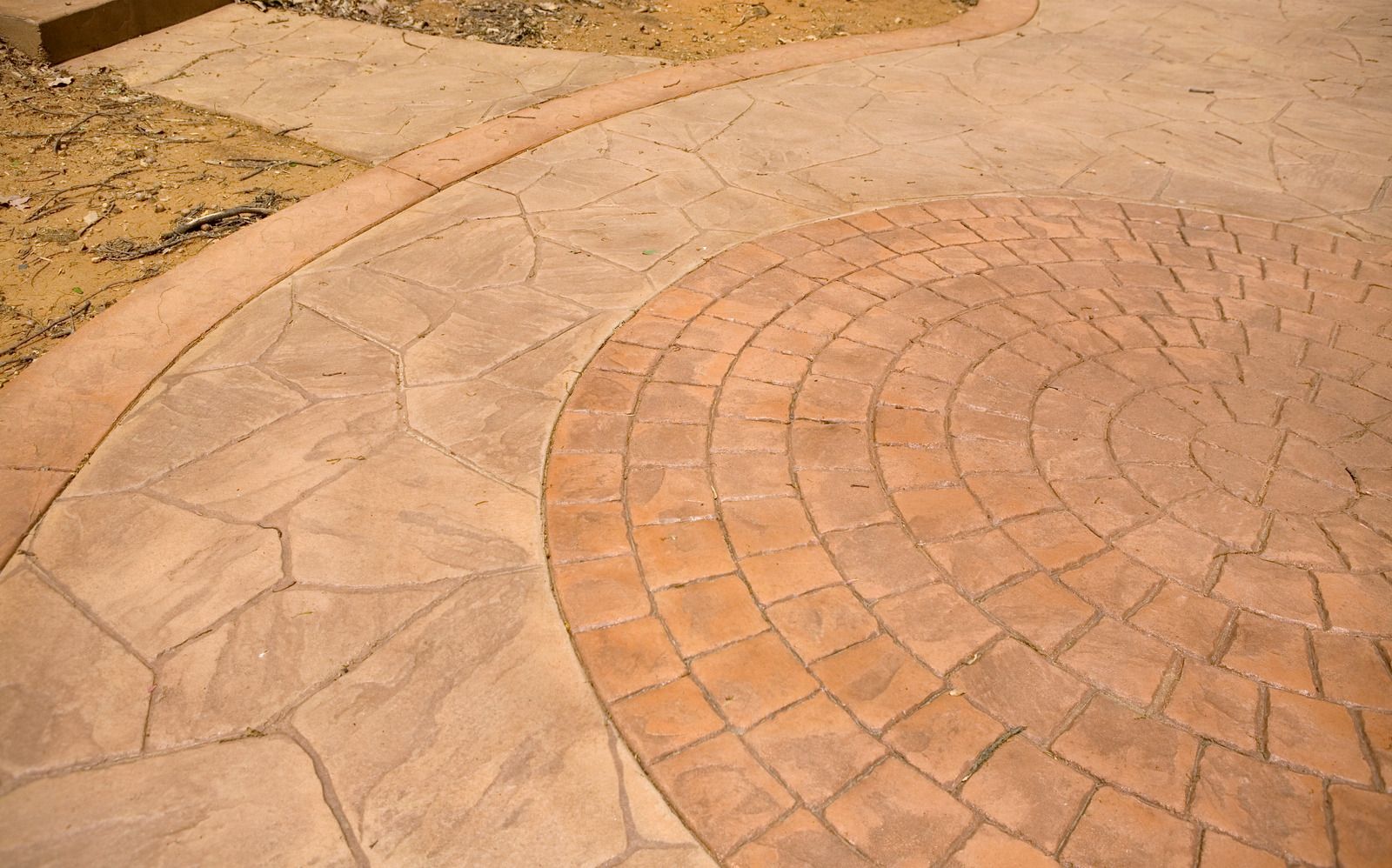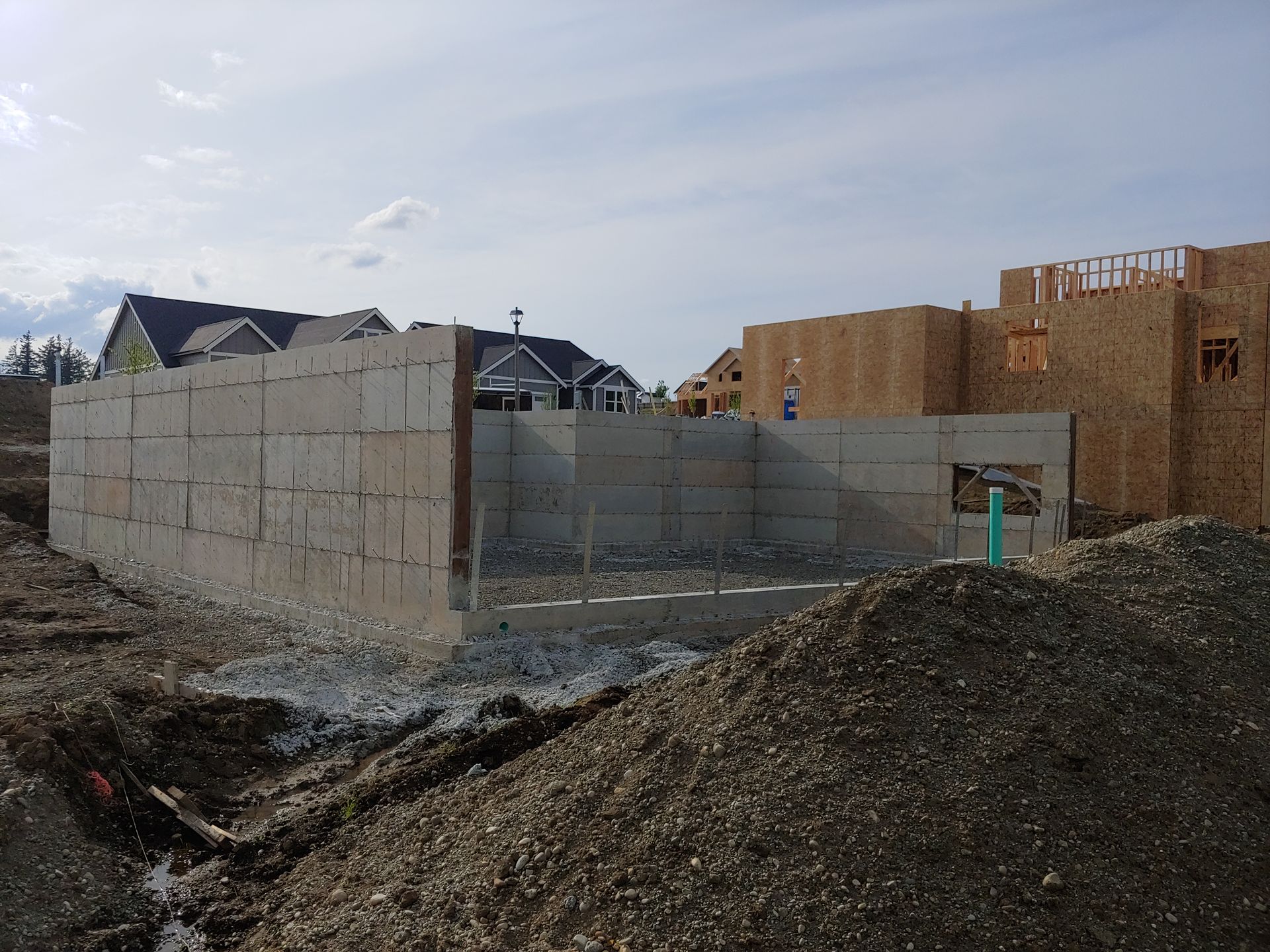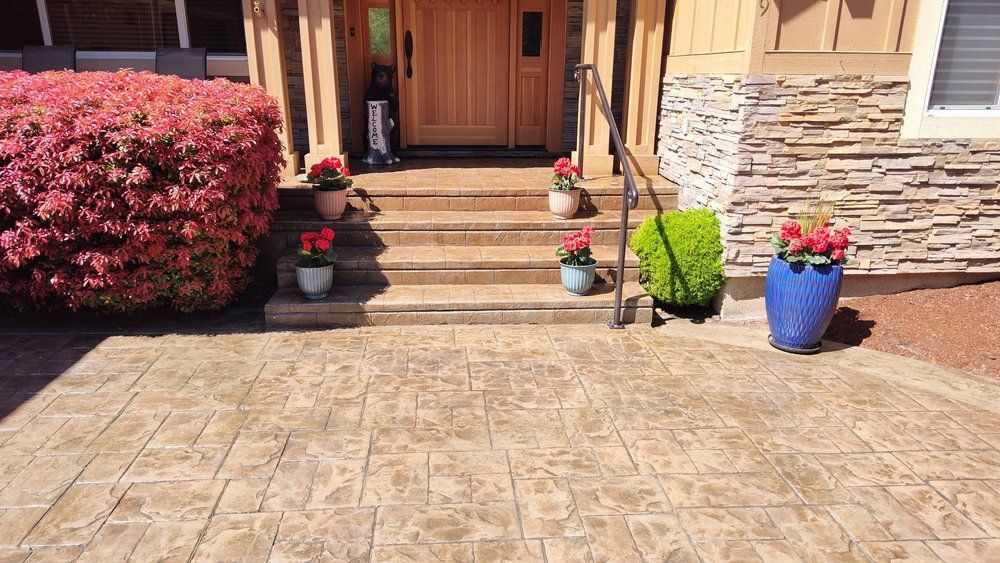Requirements, Advantages, and Disadvantages of Concrete Driveway
Concrete is a popular choice for driveways, and for good reason. It offers a balance of durability, aesthetics, and affordability, making it a compelling option for many homeowners. But before you decide to pave the way for your car with concrete, it's important to understand this material's requirements, advantages, and disadvantages.
Requirements for a Concrete Driveway
Installing a concrete driveway is a significant project; proper preparation is key to a long-lasting and functional result. Here's a basic rundown of what to expect:
- Subgrade Preparation: To prevent cracking, the ground beneath the concrete needs to be stable and well-compacted. This may involve excavation, removal of organic matter, and the addition of gravel or crushed rock.
- Base Installation: A crushed stone base is laid on top of the subgrade to provide drainage and further support the concrete slab.
- Forming: Wooden or metal frames are used to create the shape and size of the driveway.
- Concrete Mix and Pouring: Concrete is mixed and poured onto the prepared base. The thickness will depend on the expected weight it needs to bear (cars vs. trucks).
- Finishing: The surface is smoothed and leveled. Depending on your desired aesthetics, broom finishing, stamping, or staining can be applied at this stage.
- Curing: The concrete needs time to cure properly, which involves keeping it moist to prevent cracks.
Advantages of a Concrete Driveway
- Durability: Concrete is a highly durable material that can withstand heavy loads and harsh weather conditions for decades. With proper maintenance, a concrete driveway can last 25-50 years.
- Low Maintenance: Unlike some materials, concrete requires minimal upkeep. Regular sweeping to remove debris and occasional sealing (every 15-20 years) are typically all needed.
- Versatility: Concrete offers a variety of design options. You can choose from different colors stamped patterns that mimic other materials like stone or brick, and even add decorative borders.
- Increased Curb Appeal: A well-maintained concrete driveway can enhance the overall look of your property and add value to your home.
- Fire Resistance: Concrete is a non-combustible material, making it a safer option in areas prone to wildfires.
Disadvantages of a Concrete Driveway
- Initial Cost: Concrete driveways are generally more expensive to install upfront than gravel or asphalt.
- Cracking: While durable, concrete can develop cracks over time due to improper installation, weather fluctuations, or ground settling. Repairing cracks promptly can help prevent them from worsening.
- Drainage: Concrete doesn't absorb water, so proper drainage needs to be incorporated during installation to prevent water pooling and potential damage.
- Heat Retention: Concrete absorbs and retains heat, which can be a drawback in hot climates. However, this can also be a benefit in colder climates, where it helps melt snow and ice.
- Limited DIY Potential: Installing a concrete driveway is a complex process that's best left to professionals for optimal results.
Concrete driveways offer a strong combination of benefits for homeowners who prioritize durability, low maintenance, and a touch of customization. While the initial cost may be higher, the long lifespan and minimal upkeep can make it a cost-effective choice in the long run. Weighing the requirements, advantages, and disadvantages will help you decide if a concrete driveway fits your needs and budget.
